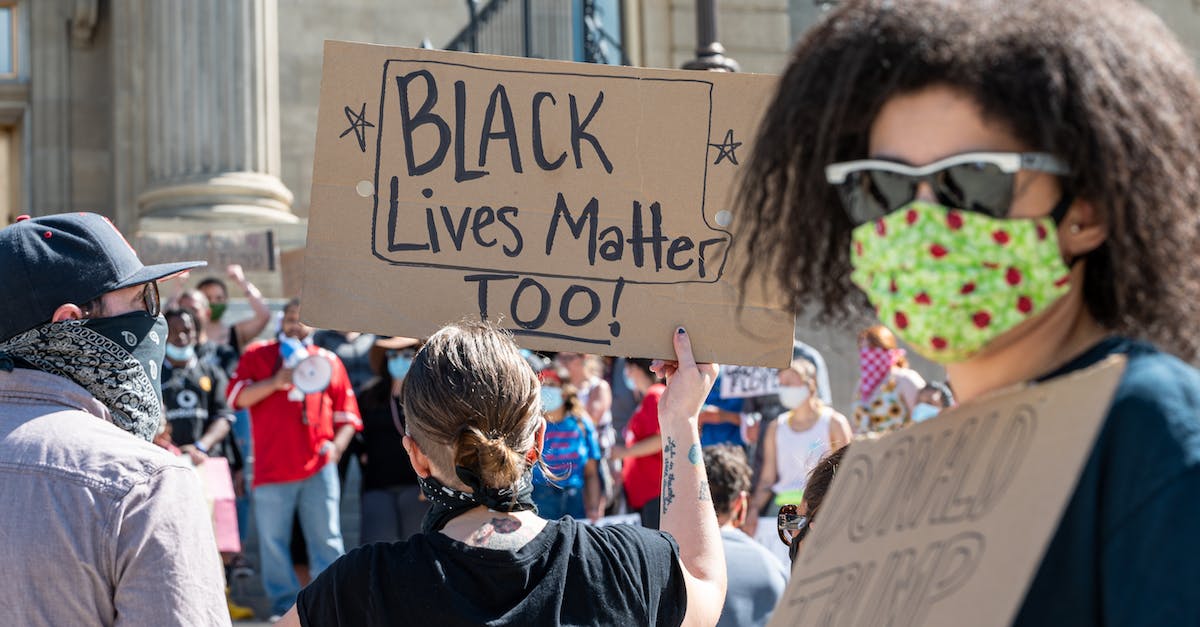How Did the World React to Pope Benedict’s Papacy?

On Wednesday, Pope Francis expressed profound concern for the health of his predecessor, Pope Benedict XVI, saying that he is “very sick.”
At the age of 92, Pope Benedict XVI made history when he became the first pope in six centuries to resign from office in 2013. Since then, he has been living at the Vatican and has largely stayed out of the public eye.
We pray that Pope Benedict’s health improves and that he recovers fully from his current illness. We also hope that he is surrounded by love and compassion from those around him, especially during this time of difficulty.
Let us also take a moment to acknowledge the legacy of Pope Benedict XVI.
1. What prompted Pope Benedict XVI to resign in 2013?
Pope Benedict XVI’s resignation in 2013 was a highly unprecedented action in the history of the Catholic Church, which had not seen a pope abdicate in almost six centuries prior. While details of the specific circumstances surrounding the decision remain largely unknown, it is widely believed that the increasingly advanced age of the pontiff, who was 85 at the time, combined with a lack of energy and strength to keep up with the duties of the papacy, were major factors that lead to Pope Benedict’s resignation.
2. What was the Vatican’s response to Pope Francis’ announcement concerning the health of Pope Benedict XVI?
Upon the announcement of Pope Francis concerning the health of Pope Benedict XVI, the Vatican’s response was one of concern for his well-being and appreciation for his service as the 266th Pope of the Catholic Church. Following his papacy, Benedict XVI became the first pope in over 600 years to step down from the role, citing his age and health as the reasons. The Vatican’s response to this news was one of understanding and gratitude for Benedict XVI’s service, and Francis’ announcement was a simple yet heartfelt reminder of this appreciation. Going further, Benedict XVI’s resignation and subsequent health caused a ripple effect throughout the Catholic Church, as the world watched to see how the Church would respond to such an unprecedented event.
3. What evidence did the Vatican possess that prompted it to take action against Maciel during Pope John Paul II’s tenure?
The Vatican has long been known for its stringent adherence to its traditional values, and Pope Benedict’s papacy was no exception. His tenure was marked by a number of reforms, many of which were aimed at increasing the transparency and accountability of the Church’s dealings. One of the most notable of these reforms was the institution of a disciplinary process against Father Marcial Maciel Degollado, the founder of the Legion of Christ, in 2004. This process was initiated after evidence was presented to the Vatican that Father Maciel was engaging in a number of reprehensible activities, such as financial mismanagement and the sexual abuse of seminarians. The evidence was so compelling that the Vatican was prompted to take action against Maciel during Pope John Paul II’s tenure.
4. What message did Pope Francis deliver to the Church concerning Pope Benedict XVI’s health?
The impact of Pope Benedict XVI’s papacy and subsequent resignation has been profoundly felt throughout the Church, and Pope Francis has taken steps to ensure that the legacy of his predecessor is respected and remembered. In a statement released in February of 2013, Pope Francis delivered a message to the Church concerning the health of Pope Benedict XVI, emphasizing the importance of prayer and compassion. He noted that Pope Benedict had “left us a precious legacy of prayer and suffering” and encouraged the faithful to unite in prayer, entrusting the former pope to the will of God. He reminded the Church of the importance of humility, noting that the pope is simply a man and that his actions should be guided by faith, not pride.
Quick Summary
Pope Benedict XVI has been an integral part of the Catholic Church since his election in 2005 and the news about his sickness has naturally raised concerns for his fans. In order to respect the dignity and privacy of Former Pope Benedict, Pope Francis urged everyone to pray for him and show respect for his condition. He also emphasized the Catholic Church’s commitment to inclusiveness by expressing support for Lufthansa’s decision to no longer use the traditional salutation of “ladies and gentlemen.” The news about Former Pope Benedict’s sickness can be heartbreaking, but it reinforces the importance of respecting everyone, whether or not they are religious figures, and treating each other with kindness and understanding.








